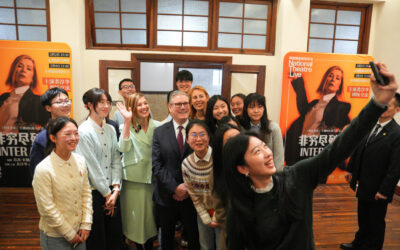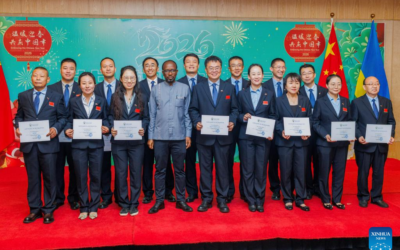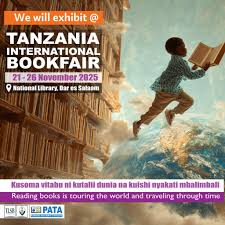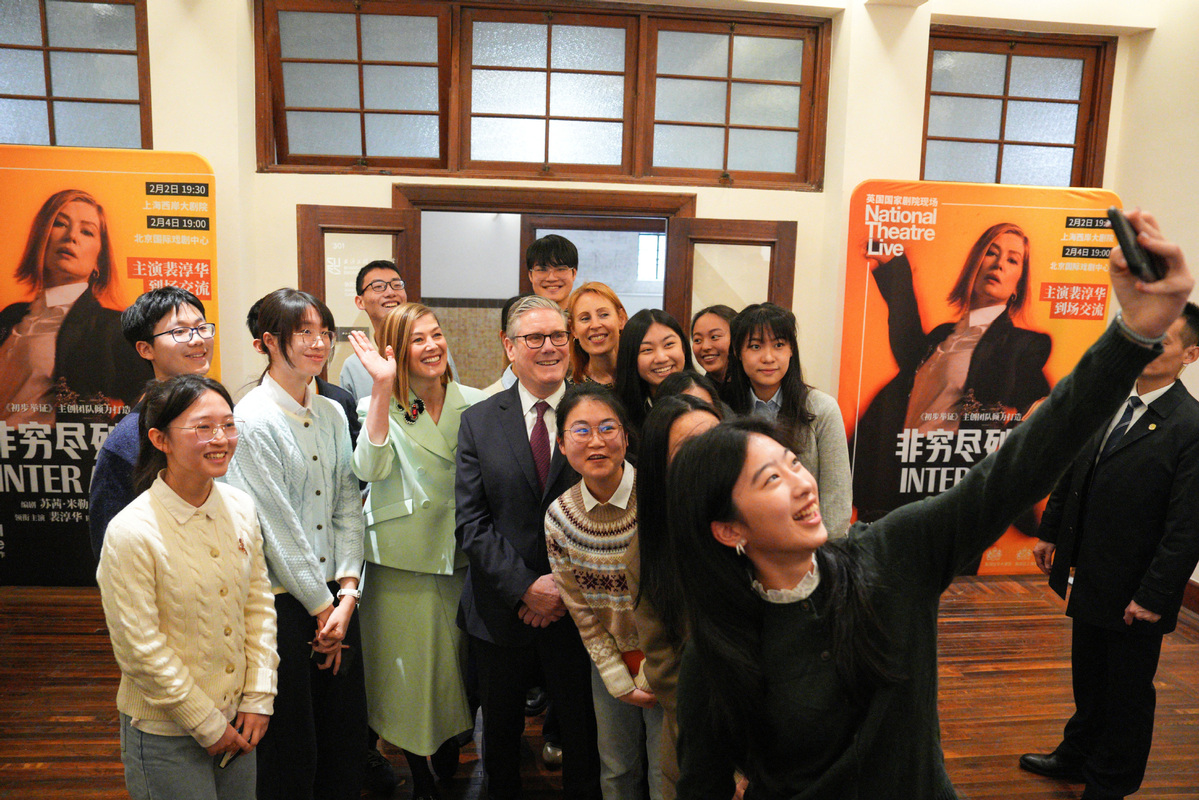Tanzania’s decision to introduce Chinese as an optional subject in primary schools has sparked new momentum across the country’s publishing industry.
The move is expected to nurture a future workforce capable of engaging more effectively in bilateral trade, tourism and cultural exchanges. In Dar es Salaam, the shift is already being felt. Publishers and retailers are sourcing textbooks, storybooks, and beginner-friendly guides tailored to early learners. Several bookshops have seen a surge in inquiries from schools and parents, following the announcement that Chinese will become one of the optional language papers in national primary assessments.
The changing landscape was evident at the 32nd Tanzania International Book Fair, which opened on Nov. 21, where exhibitors and industry representatives described the reform as both an educational opportunity and a catalyst for the book industry. “Adapting fast is a big thing,” said Honest Valerian Thomas, marketing officer at Elite Bookshop.
Standing beside shelves of children’s literature, Thomas said his chain is preparing to stock Chinese learning materials across its outlets. “Inquiries are increasing,” he told Xinhua. Thomas, who once studied the Chinese language at Baobab Secondary School, believes retailers must move quickly to match the emerging demand. For publishers, the reform opens a new cultural and commercial space. Mkuki Bgoya, managing director of Mkuki na Nyota Publishers, said the inclusion of Chinese in primary schools “is the opportunity we have been waiting for.” His publishing house has already collaborated with the Chinese embassy to translate some influential books in China into Kiswahili. “The Kiswahili edition can offer Tanzanian readers insights into China’s development experiences,” he noted.
Organizers of the fair emphasized that the growing interest in Chinese learning materials is part of a broader push to strengthen the country’s literary ecosystem. Hermes Damian, chairman of the Publishers Association of Tanzania, described books as “reservoirs of human achievements,” noting that international collaborations, including those with China, bolster Tanzania’s publishing capacity.
The Tanzania Library Services Board (TLSB), a key organizer, also pledged its commitment to supporting libraries as accessible spaces that connect readers with both print and digital resources. TLSB Director General Mboni Ruzegea said the institution is working with publishers and educators to expand access to diverse learning materials, including those supporting the new language programs.
Xinhua








Yo, 92strike5, check it! Just cruised over to 92strike5. Seems legit, might be my new go-to spot for some action. Worth a look, fam.